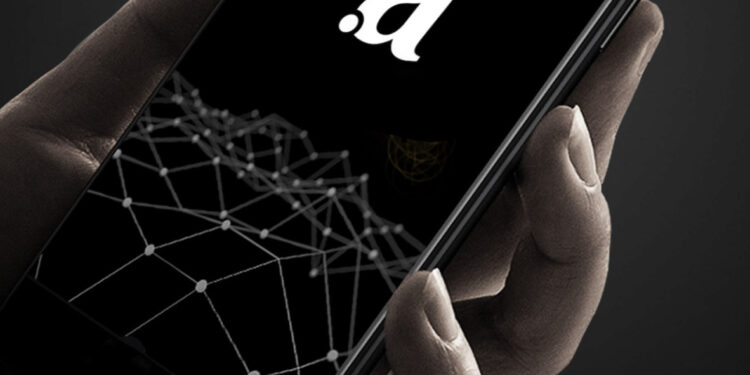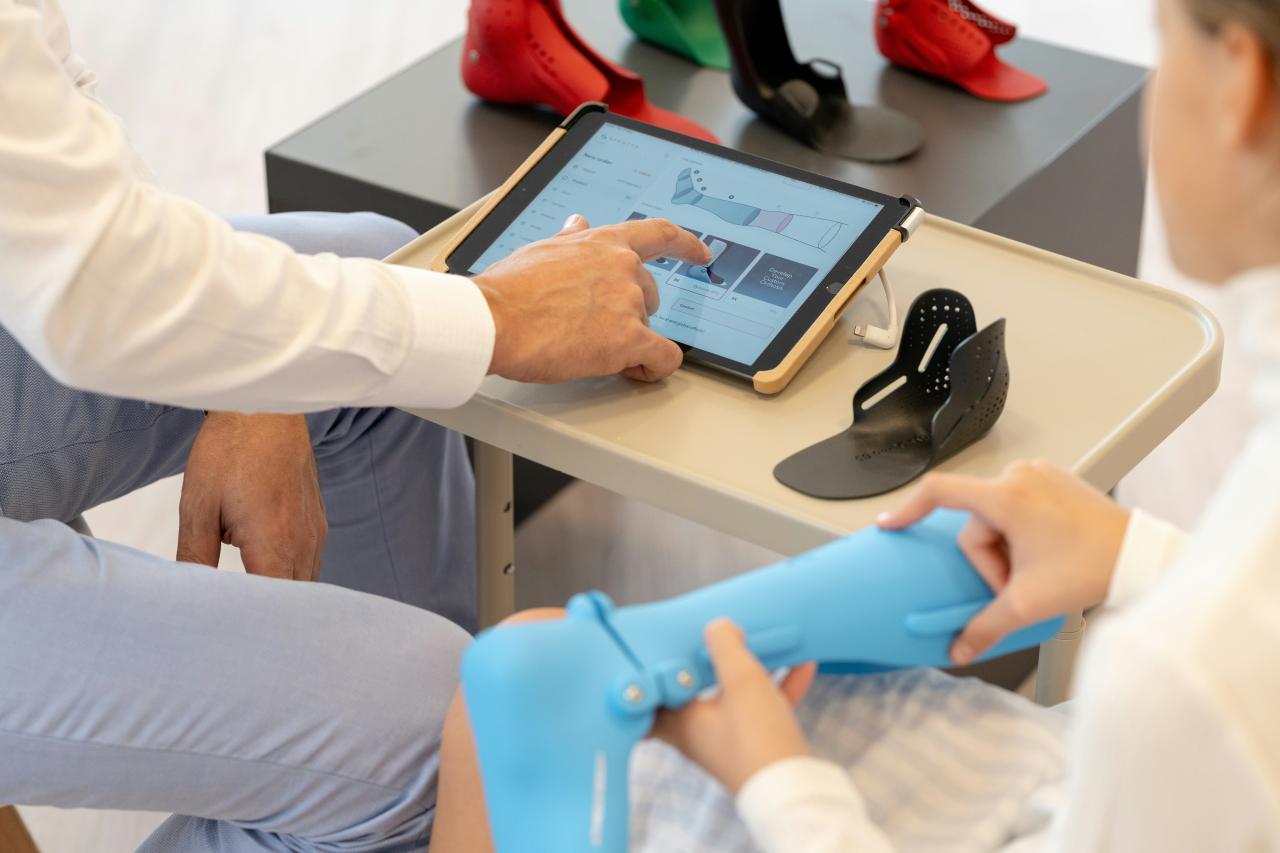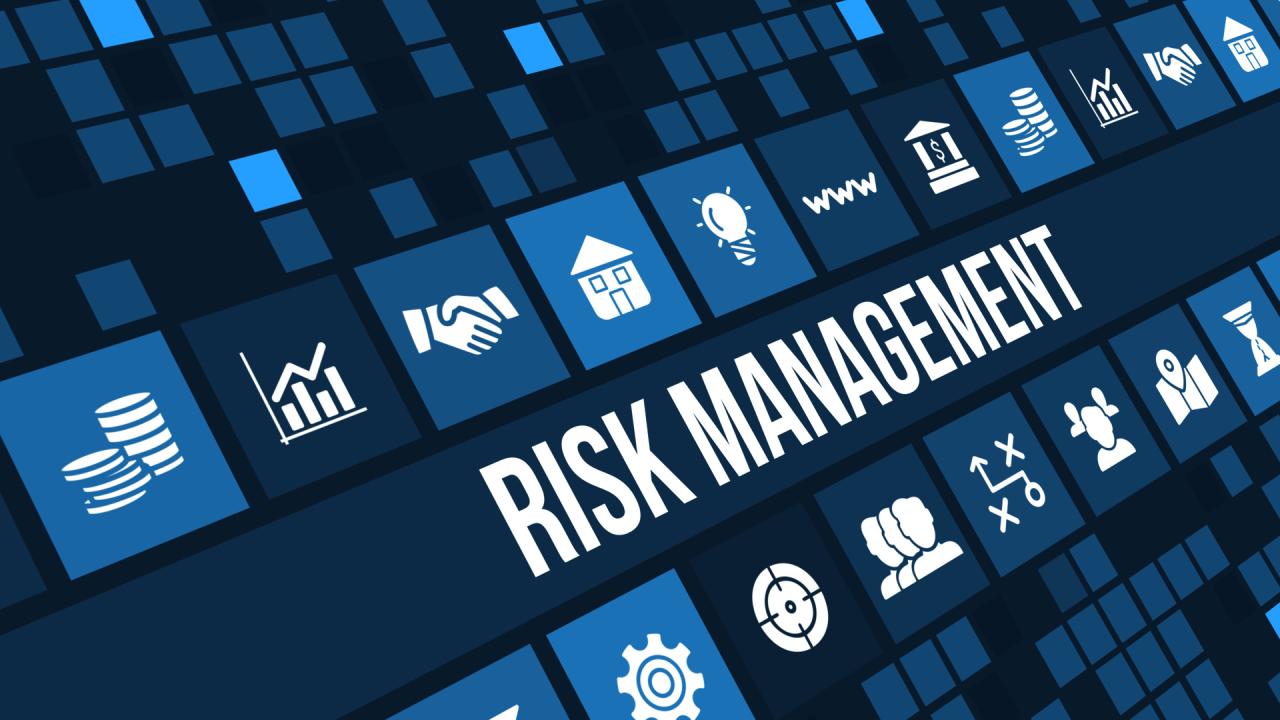The luxury goods industry, long associated with tradition, exclusivity, and craftsmanship, is undergoing a dramatic digital transformation. One of the most groundbreaking changes comes in the form of digital passports a modern innovation reshaping how luxury products are authenticated, tracked, and owned. These digital credentials go beyond simple certificates of authenticity. They provide verifiable, immutable proof of a product’s origin, ownership, and sustainability history, all powered by blockchain technology and secure digital identity protocols.
As luxury brands strive to maintain consumer trust, fight counterfeiting, and align with growing demands for transparency and sustainability, digital passports have become essential. In this comprehensive guide, we’ll explore what digital passports are, how they work, why they’re being adopted by luxury brands, and what they mean for consumers and the industry as a whole.
A. What Are Digital Passports for Luxury Goods?
A digital passport is a secure, blockchain based digital record that contains essential information about a luxury item. This passport serves as a unique identifier and history log that follows the product throughout its lifecycle from manufacturing to resale.
A.1 Key Components of a Digital Passport:
A. Unique Digital ID for each product
B. Information on origin and materials
C. Details of manufacturing and craftsmanship
D. Ownership history and transfers
E. Authenticity certification and brand verification
F. Sustainability and ethical sourcing data
G. Integration with Web3 wallets or secure apps
This passport cannot be altered or forged, making it a powerful tool against counterfeiting and a key driver of trust in the luxury market.
B. The Rise of Counterfeiting in Luxury
The global luxury market faces a major challenge: the rise in counterfeits. According to OECD data, counterfeit luxury goods account for billions in lost revenue annually. From fake handbags to imitation watches, counterfeits not only impact profits but also damage brand reputation and consumer confidence.
Digital passports combat this issue in the following ways:
A. Immutable blockchain records ensure product authenticity
B. Consumers can scan items to verify their legitimacy
C. Resellers can provide proof of origin and ownership
D. Brands can monitor the product lifecycle beyond the first sale
C. How Blockchain Powers Digital Passports
Blockchain, the technology behind cryptocurrencies like Bitcoin and Ethereum, offers a decentralized, secure, and transparent platform for storing data. Its core features make it ideal for luxury digital passports:
C.1 Decentralization
No single party controls the data, which increases trust and prevents tampering.
C.2 Transparency
Every transaction is visible and trackable on the blockchain ledger.
C.3 Immutability
Once data is recorded, it cannot be changed or deleted, ensuring authenticity.
C.4 Smart Contracts
Brands can automate product registration, ownership transfers, and warranty validations.
Luxury leaders like LVMH, Richemont, and Prada are investing in blockchain solutions through platforms like Aura Blockchain Consortium to implement secure and verifiable digital identities for their products.
D. Benefits for Luxury Brands
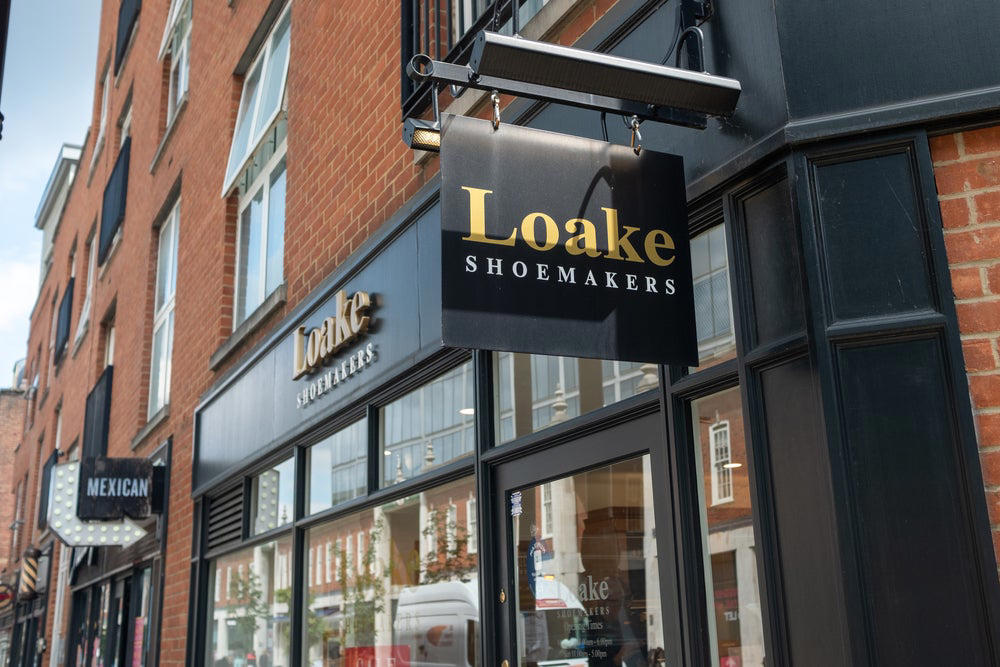
For brands in the luxury segment, digital passports present numerous advantages:
D.1 Strengthening Brand Trust
Consumers gain confidence knowing their purchase is verifiable and authentic.
D.2 Fighting Counterfeits
Passports make duplication nearly impossible, reducing gray market risks.
D.3 Enhanced Product Storytelling
Brands can include multimedia narratives about the artisan, material sourcing, and craftsmanship.
D.4 Circular Economy Enablement
Brands can encourage secondhand markets with verified ownership and provenance tracking.
D.5 Regulatory Compliance
Passports can serve as digital documentation for compliance with trade, tax, and sustainability regulations.
E. Consumer Empowerment Through Transparency
Modern luxury buyers, especially younger consumers, care about ethics, sustainability, and provenance. They are not just buying products; they are investing in values and stories. Digital passports fulfill this demand by offering:
A. Real time authentication via QR code or NFC scan
B. Information about material origins and ethical sourcing
C. Environmental impact tracking
D. Proof of ownership for insurance and resale purposes
E. Access to exclusive brand experiences through NFT or token integration
F. Integration with the Circular Luxury Economy
The secondhand luxury market is booming, projected to surpass the primary market in some categories. However, resale brings challenges related to authenticity and trust.
Digital passports solve this by:
A. Enabling secure ownership transfers
B. Providing authenticity for resale platforms
C. Facilitating warranty and repair services
D. Tracking product lifespan and condition
This innovation allows luxury brands to engage in resale markets without diluting brand value.
G. Leading Brands Adopting Digital Passports
Several major players in the luxury world have already begun integrating digital passports:
G.1 LVMH
LVMH (owner of Louis Vuitton, Dior, and others) launched the Aura Blockchain Consortium in partnership with Microsoft and ConsenSys to standardize digital authenticity.
G.2 Prada
Prada is leveraging blockchain to verify authenticity and track luxury fashion pieces from runway to retail.
G.3 Cartier (Richemont Group)
Cartier uses digital identity to validate watches and jewelry, improving customer confidence and resale value.
G.4 Breitling
The Swiss watchmaker offers a blockchain based passport for all new watches, accessible via digital wallets.
These brands are setting the standard for what luxury authentication looks like in the digital era.
H. The Role of NFTs and Web3
As Web3 evolves, digital passports could integrate Non Fungible Tokens (NFTs) to represent ownership of physical luxury items. These digital assets can live in users’ crypto wallets and include metadata like:
A. Product images
B. Brand logos
C. Ownership rights
D. Exclusive benefits like event access or VIP programs
NFTs also allow for programmable royalty structures, where brands earn a percentage on resale transactions a win for the luxury circular economy.
I. Challenges and Considerations
Despite the benefits, some hurdles remain in mainstreaming digital passports:
I.1 Data Privacy
Ensuring that consumer information remains secure and GDPR compliant.
I.2 Education
Both consumers and staff need to understand how to use and access digital passports.
I.3 Infrastructure
Luxury retailers must invest in the technology stack required to support blockchain and Web3.
I.4 Cost
Implementing digital identity solutions can be expensive, especially for smaller brands.
Despite these barriers, the long term value in brand protection and consumer engagement far outweighs initial costs.
J. Future of Luxury Authentication
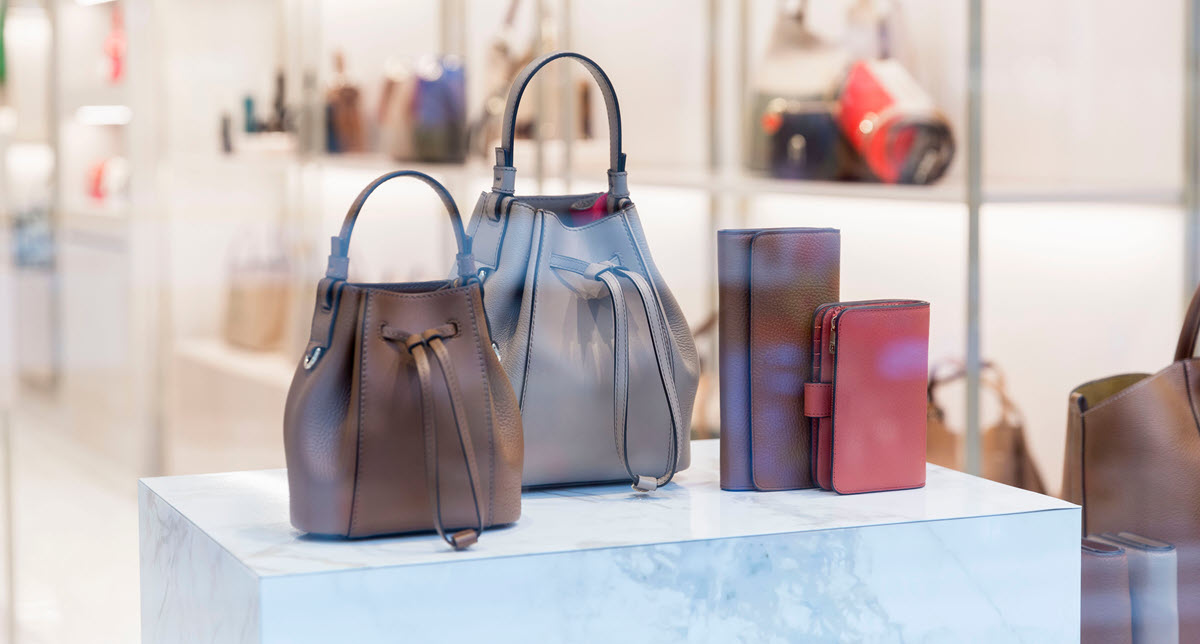
Looking ahead, digital passports are poised to become a standard across the luxury ecosystem. Expected trends include:
A. Universal standards for cross brand compatibility
B. Integration with sustainability certifications
C. AI powered analytics on usage, resale trends, and consumer preferences
D. Partnerships between luxury brands and tech firms
E. Increased adoption in luxury automotive, yachts, and even real estate
Ultimately, we may see a world where every high value asset has a digital identity, and authenticity is always just a scan away.
Digital passports are not just a trend they are a necessary evolution for the luxury industry. As consumer expectations rise and digital ecosystems expand, brands must innovate to maintain relevance and trust. By adopting blockchain based product passports, luxury companies are embracing a future that prioritizes transparency, sustainability, and digital excellence.
From exclusive handbags to fine timepieces, every luxury item can now carry a unique digital fingerprint that proves its authenticity and celebrates its craftsmanship. The luxury experience, once rooted in secrecy and tradition, is entering an era of openness, security, and digital empowerment.

